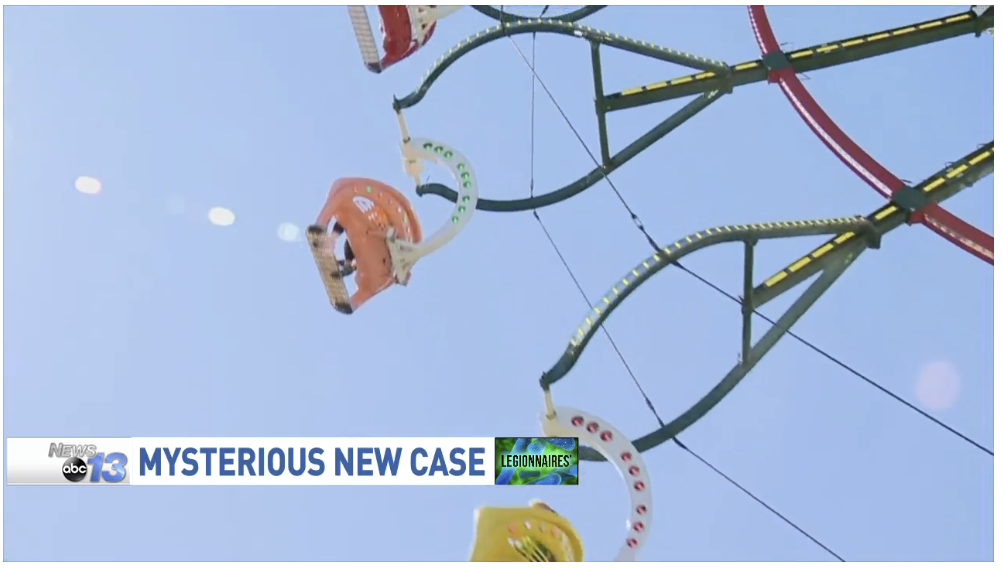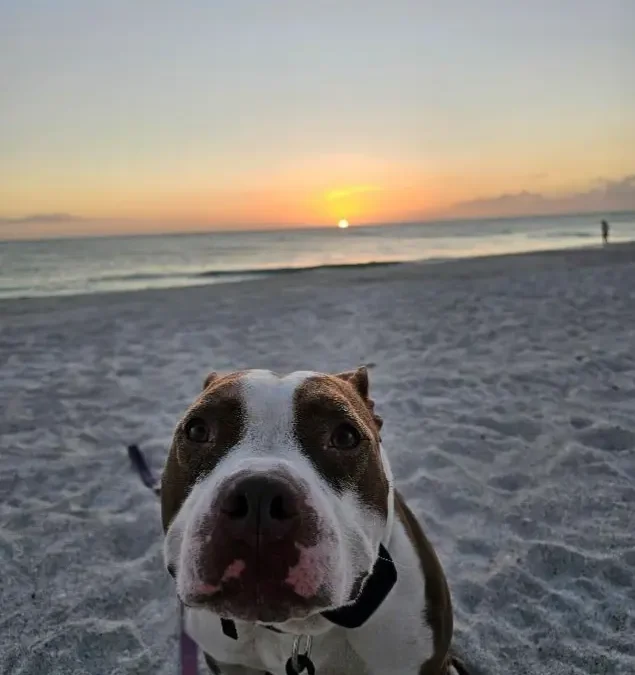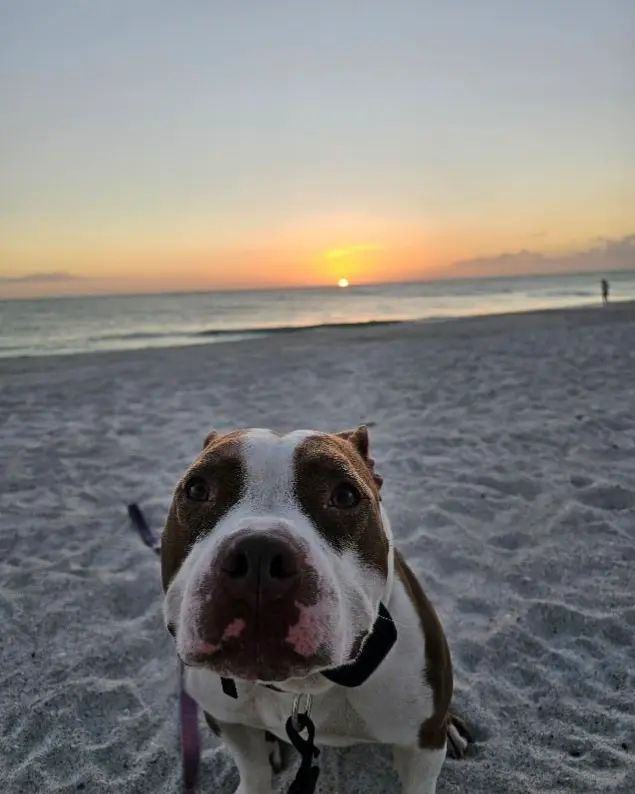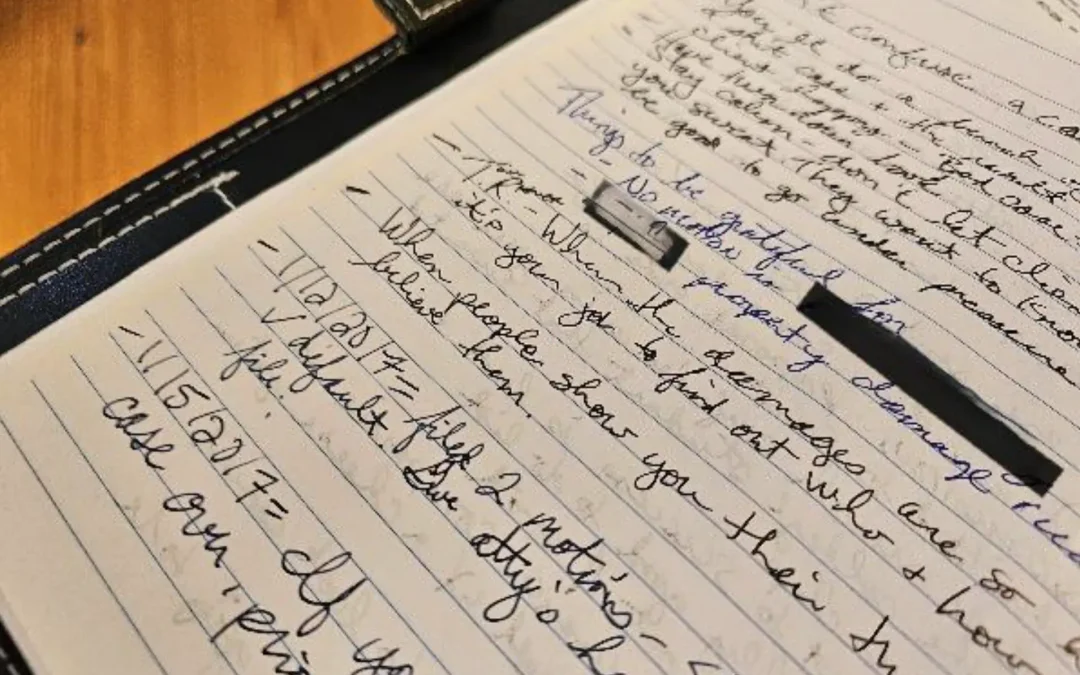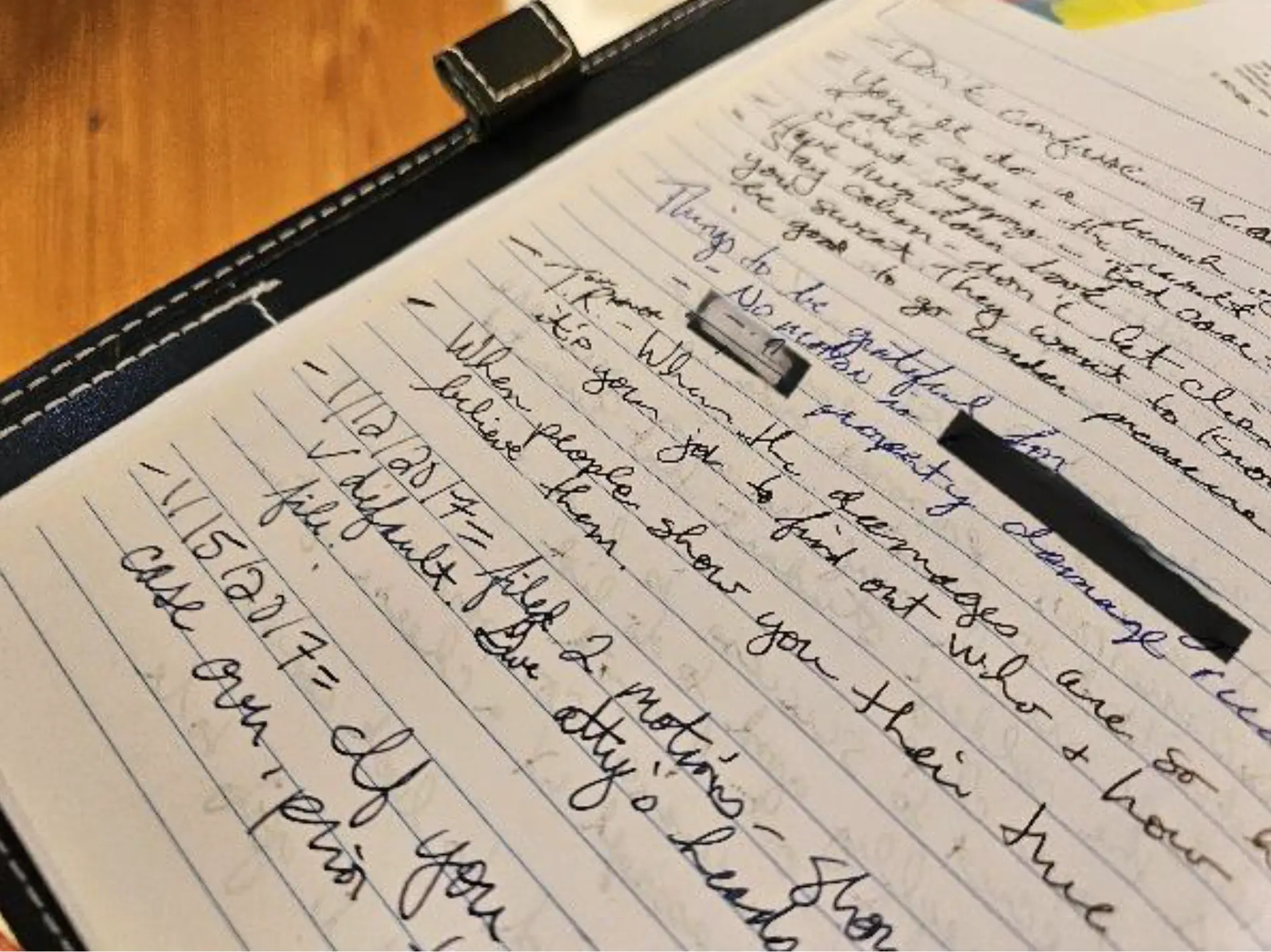Brian Flagler told me that the first thing that he’d do if he was going out on his own was to get an assistant. He’d never ever practice without one.
Now, at that time, he may as well have said “the only type of car that I would ever drive, is the one with the shiny rims.” Rims were expensive and seemed unnecessary for the vehicle I could afford and where I needed to go. What I did not know then, but know now, when Reed and I agreed that I would be leaving and Karen was going to join me, he wasn’t offloading an assistant that he didn’t need, but a guardian angel. Karen had been an assistant for longer than I had ever been out of college. She knew the behind-the-scenes tricks of the trade, a network of paralegals and resources, and most importantly – she had a heart for each one of the clients that you couldn’t hire or train. She had just a natural connection with people and clients, and unending patience. So when those clients were tapping their forks ready for the food to come out, Karen just had a way with them in letting them know it’s almost ready and it’s going to be alright.
Karen eventually left to work with another PI firm. (way more on that below). A former client was letting go of an assistant that had a helpful background in what practice areas I was focusing on at the time. After the second day, of what was supposed to be a trial period, I offered Jenna a full-time position. The former client actually heard about how great she was doing and regretfully wished he had kept her for himself and never told me. If you’re going to do pretty much anything in life, whether attorney or other profession, the lesson learned is that you have to have someone that is going to have your back. You have to have someone there that can be a back stop, sounding board, an open shoulder, a post to lean on, and everything in between. As Admiral Mack McCraven said, if you want to change the world, find someone to help you paddle. If you want to find change the world, get Jenna Jarrett in your boat.
*Oh boy. That was the original end of the lesson but as I have posted and seen people take heart to these lessons, I owe it to folks on this journey to be transparent. I truly want to share lessons for the benefit of others, even if it is at my expense, so here goes:
Reed Williams told me “if you’re mad at something, go kick the dog – don’t take it out on the people that are there to help.” I was in between a million meetings and Karen said, I need to talk to you. I heard it like another email in the inbox and said “yeah, hold on” – but she said “no, I need to talk to you now.” I stopped, sat on my couch and heard her say that she’s leaving. Going to another firm. Devastation sank in as much as I sank in the couch. Karen was my ride or die. She had practically built the firm with me, put as much on the line as I, and I trusted her like Christmas Day. I offered every nickel I had to see if she would stay. Nope. Done. Leaving.
So what happened? In brutal honesty, I missed the assignment. I was so consumed with the goal, I thought everyone else around me was. Of course this is hard, tasks are never ending, that’s the deal. But when you have someone else in the trenches with you, it’s not about digging ditches. It’s about the person beside you. I did not appreciate that I was working with someone that believed in me, and not just a soldier in the army of work.
Folks reading this post are leaders – they have demanding jobs, stresses – tasks that their magnificent minds understand so clearly that they cannot imagine any other brain not comprehending the same – but when someone may not seem that oh-so-obvious-answer – don’t snap. They are in the same boat with you and rowing as best they know how which may not best you know how, which is understandable because you don’t share the same brain that tells you how. So when you see or hear your teammate that is right beside you digging, you don’t have to tell them the right way to grip the shovel. That’s not the point. The point is they are beside you and working with you. If you are upset about what they are doing, changing my mentor’s phrase, “go pet a dog”.
(No animals were harmed in this post or in any lesson learned. Her name is Brownie Jo and she approves this lesson).







